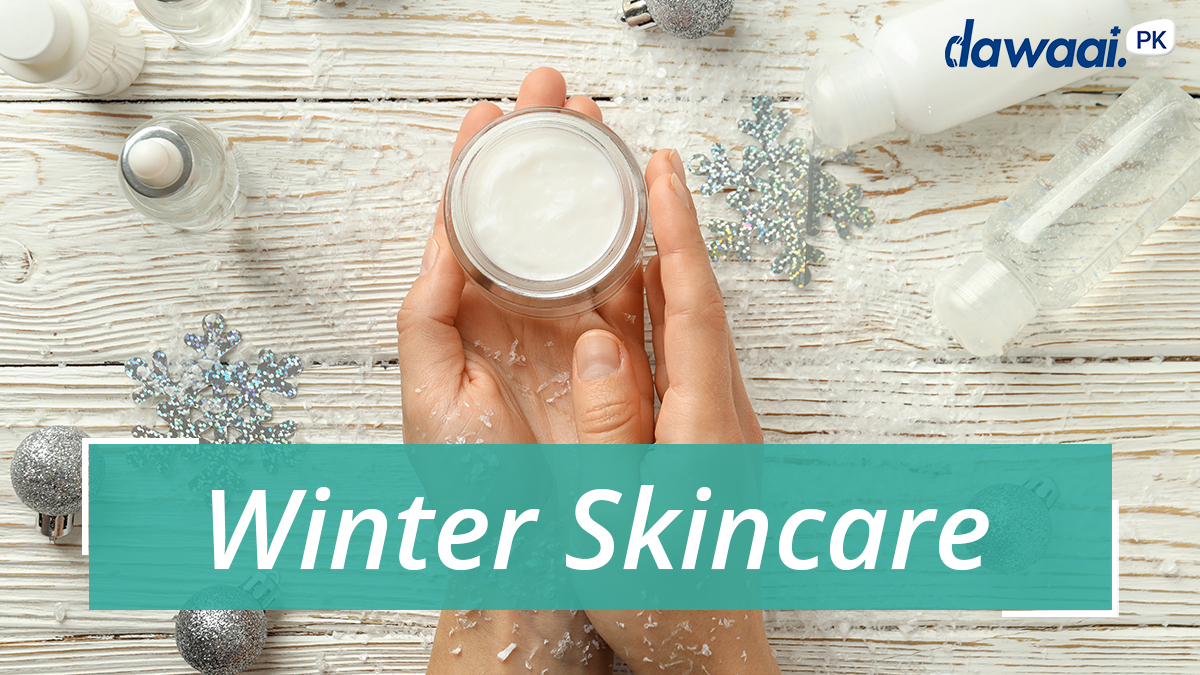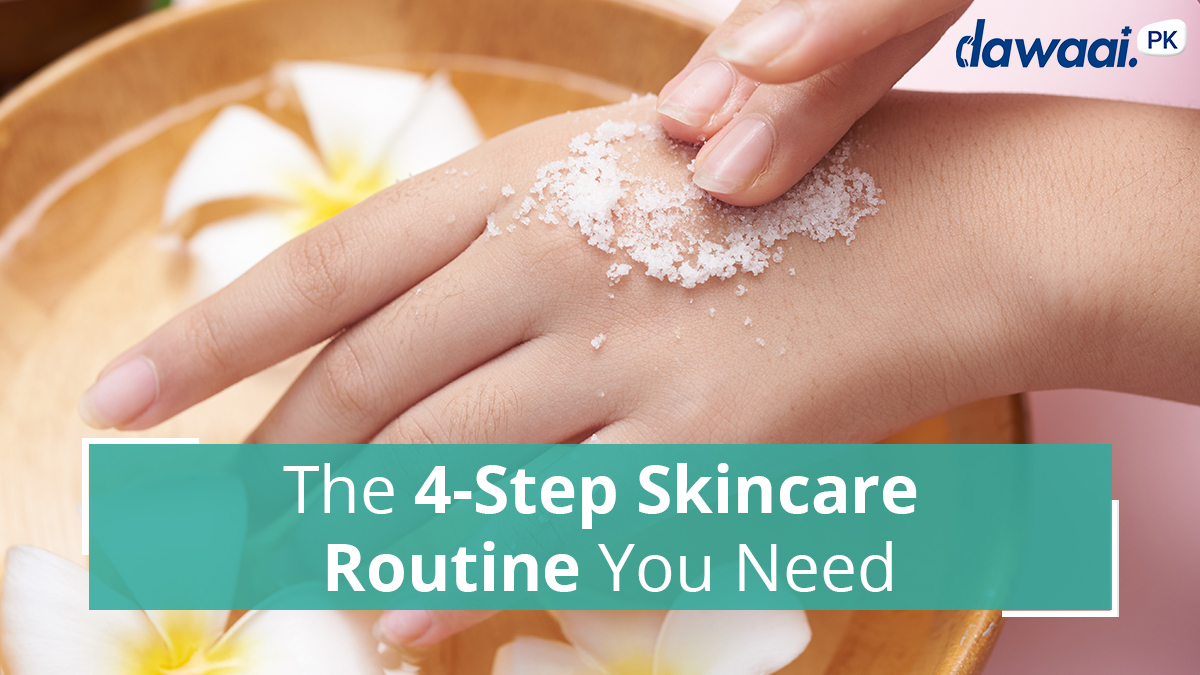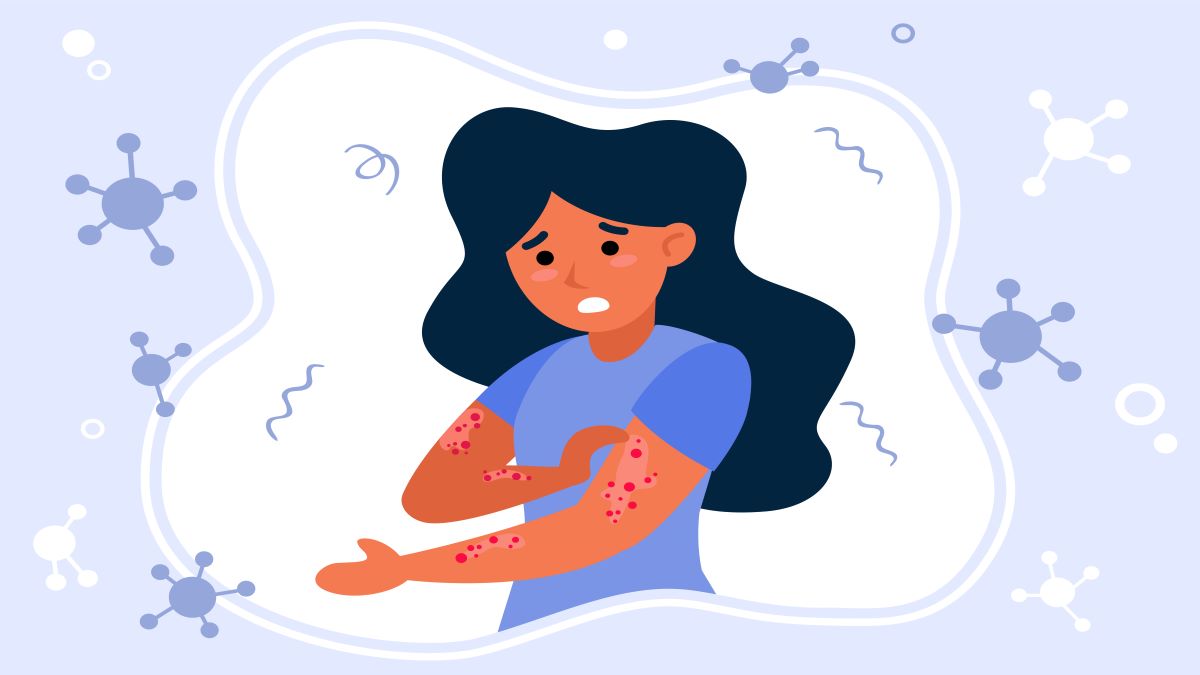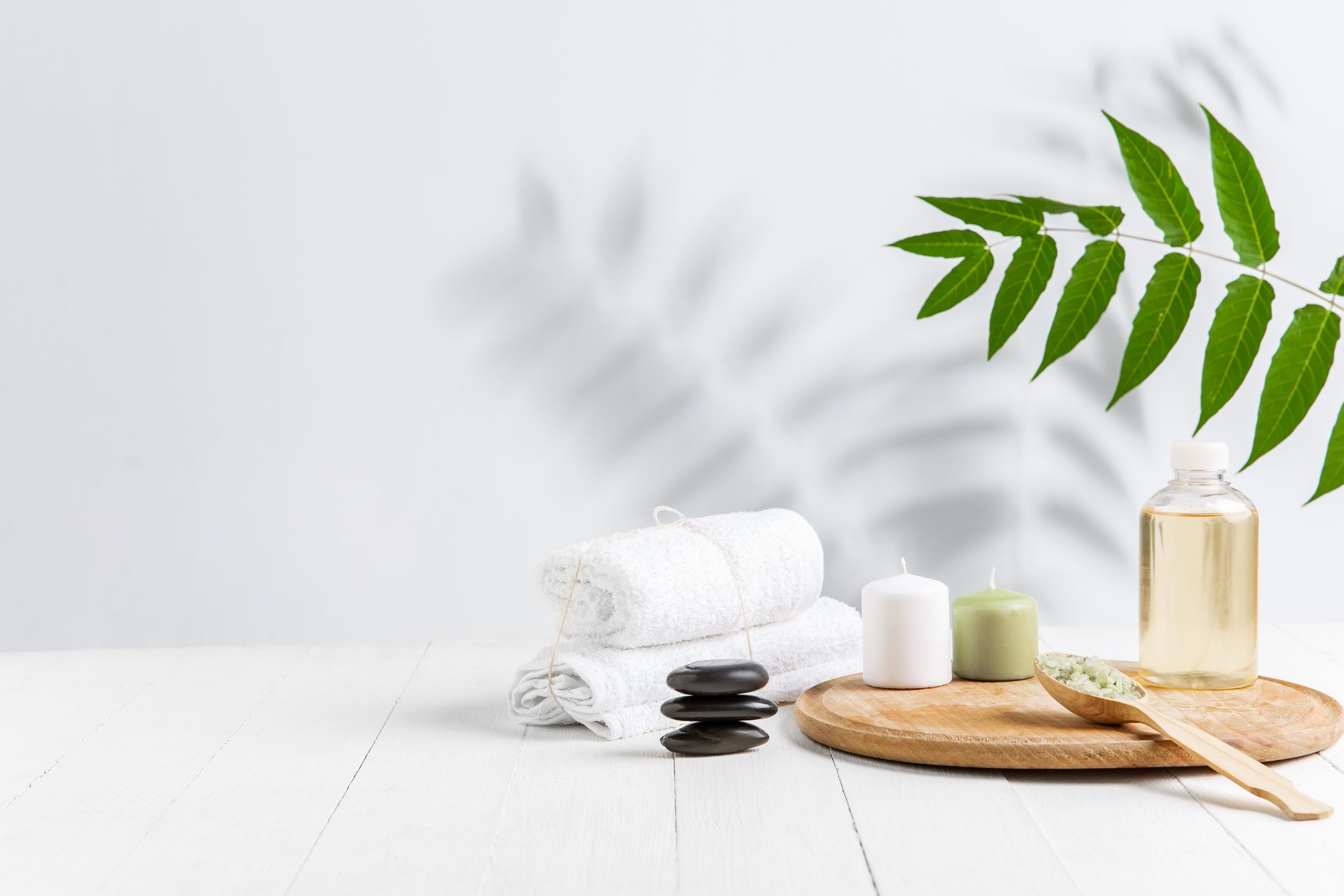Medically reviewed by Dr. Unsa Mohsin.
In this blog, we’ll look at why it’s so important to pay very close attention to your skin in winters, as well as some of the most frequent issues that can occur, as well as recommendations on how to keep your skin healthy all year.

Even though winter may not be everyone’s favorite season, your skin likely feels the same way. It doesn’t, however, follow that winter must have an adverse effect on you, your skin, or your well-being. When temperatures drop, your skin begins to exhibit winter skin problems as a way of alerting you that something is wrong. You’re exposed to freezing temperatures and little moisture when you’re out in the harsh winter weather, so your skin’s natural moisture levels plummet. Don’t worry if all of this sounds like a hassle during the holidays. All of the winter skin problems you want to avoid can be addressed with a good winter skincare routine.
The Importance of Skincare During Winter
Winter skincare becomes increasingly important as the temperature drops. Dry, flaky skin is a common side effect of being out in the cold for an extended period of time. These skin issues can become itchy or painful and have an impact on your appearance if you don’t use additional moisturizers and protect yourself from the elements. Every day, your skin interacts with the outside world. Even environments like air conditioning and central heating are considered part of the daily weather. In other words, your skin has a keen sense of timing and can tell when the seasons change from fall to winter.
So, what happens below the surface?
The moisture barrier or the skin barrier is extremely vulnerable and prone to compromise during the winter. This is due to the air being deficient in moisture. When the humidity level in the air is low, the skin is at risk of becoming dehydrated, as there is no available water for the skin to grab onto.
Dryness and dehydration are two of the most common winter skin concerns, which makes sense given how low humidity dries the skin out. When combined with the freezing temperatures that nip at the skin’s surface, winter skin becomes a problem.

Winter Skin Problems
These are just a few of the most common winter skin issues that occur as the weather changes. While you may encounter some of these issues throughout the year, they are particularly bothersome during the harsh winter season.
- Cracking
- Dehydration
- Dryness
- Inflammation
- Itchiness
- Redness
- Sensitivity
- Tightness
What can you do?

Shorter, lukewarm baths
While it’s indisputably tempting to shower in hot water, particularly after coming in from the cold, it’s much better for your skin to lower the temperature to avoid discomfort. Additionally, you’ll want to limit your time in the water to avoid attributing to additional dehydration.
Moisturize post-cleansing
After bathing, pat dry your skin and instantly moisturize with a rich cream or oil-based moisturizer. These will work better than lotions at locking in moisture and keeping your skin smooth. Additionally, when you are outside, you should consider using a moisturizer that contains an appropriate sunblock of SPF-30 or higher.
Exercise
Our skin is constantly protecting our bodies, but it works extra hard during the winter months to maintain elasticity and moisture retention. Yes, it’s difficult to leave the blanket’s warmth and coziness and get moving on a freezing winter morning. However, only do it if you adore your skin. Exercise increases your heart rate, which results in increased blood flow to your organs and skin. During the winter, your body’s oil and sweat glands, as well as your blood vessels, constrict slightly. This makes it more difficult for your skin to maintain its natural health and glow, which is why it requires your help.
Stay Hydrated
While drinking enough water is something we think about frequently during the warmer months, it’s just as critical to stay hydrated during the winter months, even if we’re not as thirsty. Consuming water helps keep the inside of your skin moist.
Use a Humidifier
If your home’s air is particularly dry, consider investing in a humidifier. Additionally, it may make your home feel warmer and alleviate allergy and common cold symptoms.
The winter season in Pakistan is a welcome respite from the country’s hot and humid summers. It’s not a good idea to spend the season worrying about your skin. If you stick to a regular skin care regimen, you’ll have healthy, hydrated skin for the entire winter.
Citations
Freepik, 2021. Download tiny dermatologists examining skin of patient at hospital for Free. Freepik. Available at: https://www.freepik.com/free-vector/tiny-dermatologists-examining-skin-patient-hospital_16334676.htm
Hana Hong, 2020, 2020. Winter is coming-here’s how to transition your skincare routine. Real Simple. Available at: https://www.realsimple.com/beauty-fashion/skincare/winter-skincare
Marks, H. et al., 2018. Top 10 tips for Healthy Winter Skin. EverydayHealth.com. Available at: https://www.everydayhealth.com/skin-and-beauty/top-tips-for-healthy-winter-skin.aspx
Marks, H. et al., 2018. Top 10 tips for Healthy Winter Skin. EverydayHealth.com. Available at: https://www.everydayhealth.com/skin-and-beauty/top-tips-for-healthy-winter-skin.aspx
Medical News Today, 2021. Winter dry skin: Causes, treatment, and more. Medical News Today. Available at: https://www.medicalnewstoday.com/articles/winter-dry-skin
Reid Health, 2021. Winter skin care: Keep your skin in top shape through the cold, Dry Winter. Reid Health. Available at: https://www.reidhealth.org/blog/winter-skin-care-keep-your-skin-in-top-shape-through-the-cold-dry-winter
Ruhland, C., 2018. How to beat Dry winter skin (infographic). Culture(d). Available at: https://culturedlife.net/2018/12/17/how-to-beat-dry-winter-skin-infographic/
ScienceDaily, 2018. Why people experience seasonal skin changes. ScienceDaily. Available at: https://www.sciencedaily.com/releases/2018/03/180307095222.htm






